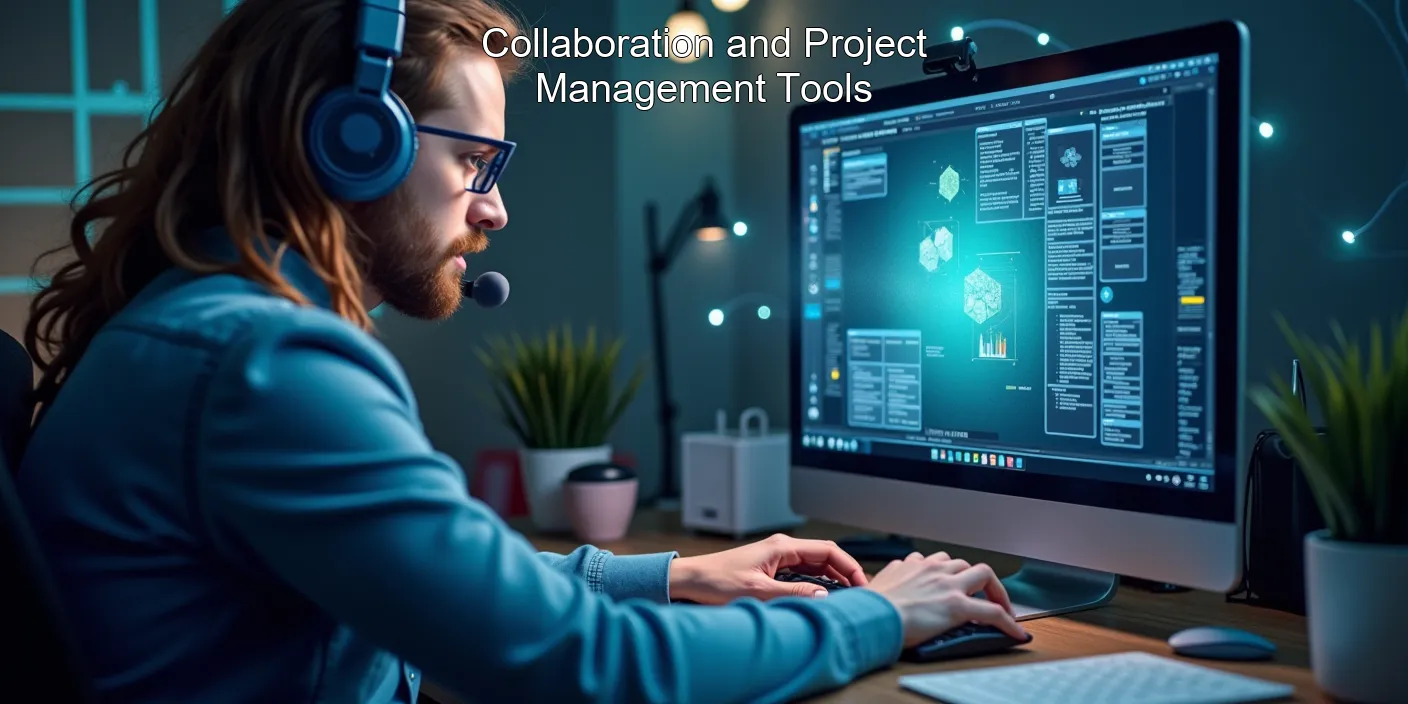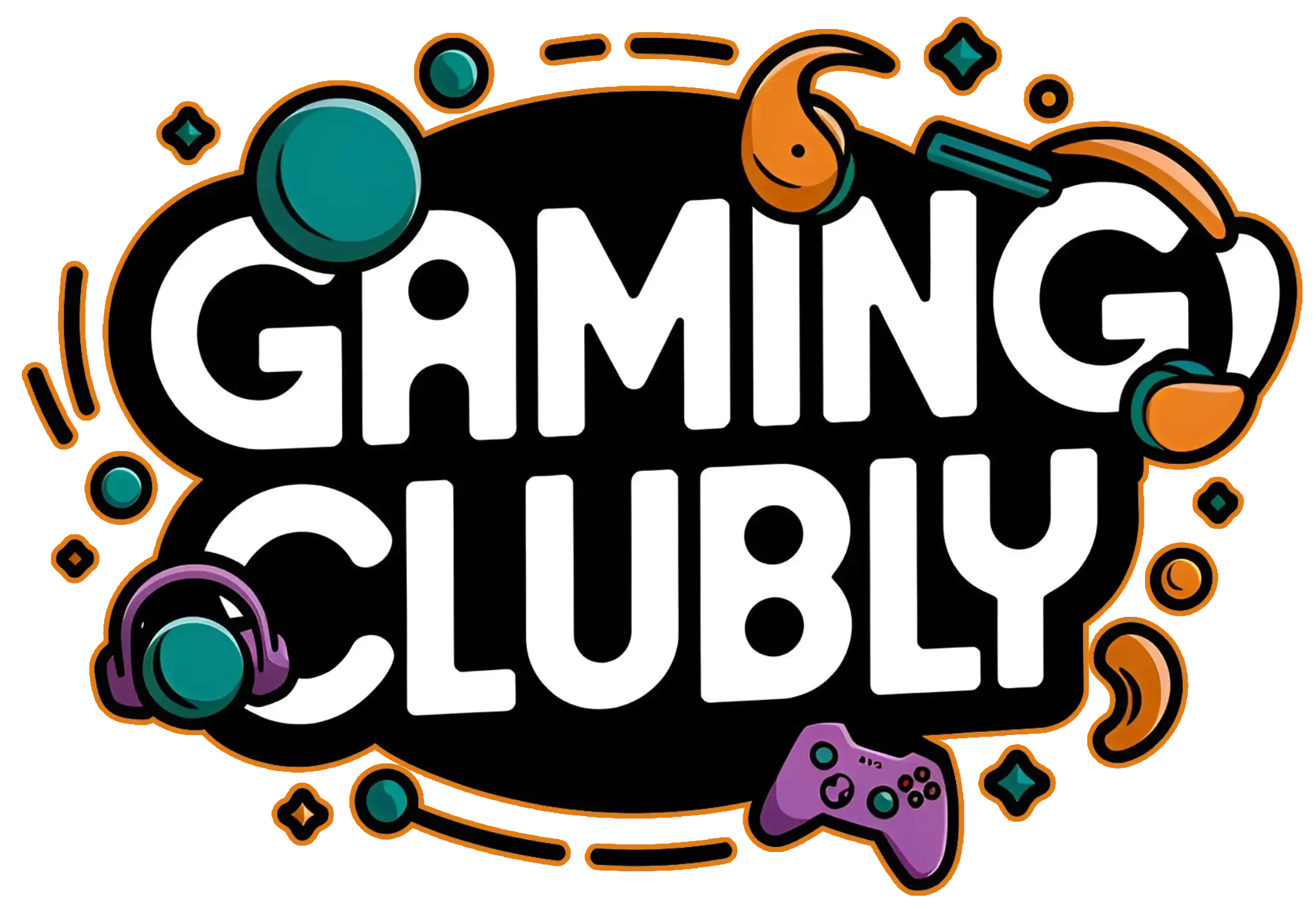Essential Tools and Software for Game Development: A Comprehensive Guide
| Tool Category | Purpose | Popular Examples |
|---|---|---|
| Game Engines | Core development platform | Unity, Unreal Engine |
| 3D Modeling Software | Creating game assets | Blender, Maya |
| Audio Tools | Sound design and music creation | FMOD, Wwise |
When embarking on your game development journey, having the right tools at your disposal is crucial. Let’s explore the essential software you’ll need:

#GameDevelopmentTools, #GameDev, #DevelopmentSoftware
- Game Engines: The backbone of your development process
- 3D Modeling Software: For creating stunning visual assets
- Audio Tools: To bring your game world to life with sound
- Version Control Systems: Keep track of your project’s evolution
- Scripting IDEs: For coding game mechanics and behaviors
“Choosing the right tools can make or break your game development process. It’s not just about the features, but also about how well they fit your workflow and learning curve.” – John Romero, co-founder of id Software
Frequently Asked Questions
Q: Which game engine is best for beginners?
A: Unity is often recommended for beginners due to its user-friendly interface and extensive learning resources.
Q: Do I need expensive software to start game development?
A: Not necessarily. Many powerful tools like Blender and Godot are free and open-source.
Q: How important is version control in game development?
A: Version control is crucial for tracking changes, collaborating with teams, and maintaining different versions of your game.
Tips for Choosing the Right Game Development Tools
- Consider your project’s scope and requirements
- Evaluate the learning curve of each tool
- Check community support and available resources
- Look for tools with good integration capabilities
- Don’t overlook the importance of performance optimization tools
According to a 2022 survey by the Game Developers Conference, Unity remains the most popular game engine, used by 61% of developers, followed by Unreal Engine at 23%.
Mastering Your Craft: Advanced Development Techniques

| Technique | Benefit | Applicable Tools |
|---|---|---|
| Procedural Generation | Creates diverse, dynamic content | Houdini, World Machine |
| Physics Simulation | Realistic object interactions | PhysX, Havok |
| AI Programming | Intelligent NPC behavior | Behavior Trees, Machine Learning |
As you progress in your Game Dev Insights journey, you’ll encounter more advanced techniques that can elevate your games:
“Mastering Advanced Game Dev Techniques for Superior Quality”
- Procedural Content Generation: Create vast, unique worlds
- Advanced Physics Simulations: Add realism to your game mechanics
- AI and Machine Learning: Develop smarter, more engaging NPCs
- Shader Programming: Craft stunning visual effects
- Network Programming: Build robust Multiplayer Games
“The most disastrous thing that you can ever learn is your first programming language.” – Alan Kay, computer scientist
Q: How can I optimize my game’s performance?
A: Use profiling tools, optimize assets, and implement efficient algorithms.
Q: What’s the importance of cross-platform development?
A: It allows you to reach a wider audience across different devices and operating systems.
Q: How do I stay updated with the latest game development trends?
A: Follow industry news, attend conferences, and participate in Gaming Communities.
Best Practices for Efficient Game Development
- Plan your project thoroughly before diving into development
- Use modular design principles for easier maintenance and scalability
- Implement continuous integration and testing
- Optimize early and often throughout the development process
- Stay informed about the latest PC News and hardware trends
A recent study by Newzoo predicts that the global games market will generate $200.8 billion in 2023, highlighting the growing opportunities for game developers.
Essential Software for Game Creators
| Category | Top Tools |
|---|---|
| Game Engines | Unity, Unreal Engine, Godot |
| 3D Modeling | Blender, Maya, 3ds Max |
| 2D Art | Photoshop, Krita, Aseprite |
| Audio | FMOD, Wwise, Audacity |
Game development is an exciting field that requires a diverse set of tools. Whether you’re a seasoned pro or just starting out, having the right software can make all the difference in bringing your creative vision to life.
- Game engines: The foundation of your development process
- 3D modeling software: For creating stunning visual assets
- 2D art tools: Essential for sprite-based games and UI design
- Audio software: To craft immersive soundscapes
“The right tool for the right job can make game development a joy rather than a chore.” – John Carmack, legendary game programmer
Q: Which game engine is best for beginners?
A: Unity is often recommended for beginners due to its user-friendly interface and extensive learning resources.
Q: Are there any free game development tools?
A: Yes, Godot is a powerful, open-source game engine, and Blender is a free 3D modeling software widely used in the industry.
Q: How important is audio software in game development?
A: Audio is crucial for creating immersive experiences. Tools like FMOD help developers integrate dynamic sound systems into their games.
- Consider your project’s scope and requirements
- Evaluate the learning curve of each tool
- Check community support and available resources
- Look for tools with good integration capabilities
- Consider your budget and long-term development plans
According to a 2022 survey by the Game Developers Conference, Unity remains the most popular game engine, used by 61% of developers, followed by Unreal Engine at 23%.
Collaboration and Project Management Tools

| Tool Type | Popular Options |
|---|---|
| Version Control | Git, Perforce |
| Project Management | Jira, Trello |
| Communication | Slack, Discord |
Effective collaboration is key in game development. Tools that facilitate teamwork and project management are just as crucial as the creative software you use.
“Teamwork & Tools: Keys to Game Development Success”
- Version control systems keep your code organized
- Project management tools help track tasks and milestones
- Communication platforms ensure team alignment
“Great game development is 10% inspiration and 90% collaboration.” – Shigeru Miyamoto, creator of Mario and Zelda
Q: Why is version control important in game development?
A: Version control helps manage code changes, facilitates collaboration, and allows for easy rollbacks if issues arise.
Q: Can small indie teams benefit from project management tools?
A: Absolutely! Even small teams can improve productivity and organization with tools like Trello or Asana.
Q: How do communication tools enhance game development?
A: They enable real-time discussions, file sharing, and quick problem-solving, which are essential for efficient teamwork.
Best Practices for Using Collaboration Tools
- Establish clear communication protocols
- Use version control from the start of your project
- Regularly update and review project timelines
- Encourage team members to share progress and challenges
- Integrate tools to create a seamless workflow
A study by Atlassian found that teams using collaborative tools like Jira saw a 46% increase in project visibility and a 43% improvement in team communication.
Mastering these tools is essential for success in the dynamic world of game development. Whether you’re crafting the next indie hit or working on a AAA title, the right tools can elevate your work from good to great. For more insights into the game development process, check out our Game Dev Insights section.
Remember, while tools are important, they’re just the means to an end. Your creativity and vision are what truly bring games to life. As you explore different software and techniques, don’t forget to connect with other developers. Our Gaming Communities page is a great place to start networking and sharing experiences.
For those interested in the collaborative aspects of game creation, our Multiplayer Games section offers valuable insights into designing for shared experiences. And to stay updated on the latest hardware that can power your development setup, visit our PC News page.
Happy developing, and may your games captivate players around the world!
Essential Game Development Software for Modern Developers
| Category | Top Tools |
|---|---|
| Game Engines | Unity, Unreal Engine, Godot |
| 3D Modeling | Blender, Maya, 3ds Max |
| 2D Art | Adobe Photoshop, Krita, Aseprite |
| Audio | FMOD, Wwise, Audacity |
As a game developer, having the right tools at your disposal can make all the difference in bringing your creative vision to life. Let’s explore the essential software that every game developer should be familiar with:
- Game Engines: The backbone of game development
- 3D Modeling Software: For creating immersive worlds and characters
- 2D Art Tools: Essential for UI design and 2D game assets
- Audio Software: To craft engaging soundscapes and effects
“The right tool for the right job can make your game development process not just easier, but also more enjoyable and creative,” says John Carmack, legendary game programmer.
FAQ: Game Development Tools
Q: Which game engine is best for beginners?
A: Unity is often recommended for beginners due to its user-friendly interface and extensive learning resources.
Q: Are there any free 3D modeling tools for game development?
A: Yes, Blender is a powerful, open-source 3D modeling software widely used in game development.
Q: How important is audio software in game development?
A: Audio is crucial for immersion. Tools like FMOD and Wwise help create dynamic soundscapes that enhance gameplay experiences.
- Consider your project’s scope and requirements
- Evaluate the learning curve and available resources
- Check compatibility with your target platforms
- Look for tools with active communities for support
- Try free trials before committing to paid software
According to a 2022 survey by the Game Developers Conference, Unity remains the most popular game engine, used by 61% of developers, followed by Unreal Engine at 23%.
Emerging Trends in Game Development Technology

| Trend | Impact |
|---|---|
| AI-assisted development | Streamlining asset creation and game testing |
| Cloud-based tools | Enhancing collaboration and reducing hardware requirements |
| VR/AR development kits | Expanding immersive gaming experiences |
The landscape of game development tools is constantly evolving. Stay ahead of the curve by keeping an eye on these emerging trends:
“Staying Ahead in Evolving Game Dev Tech”
- AI-powered tools for procedural content generation
- Cloud-based development environments for seamless collaboration
- Advanced VR and AR development kits for immersive experiences
- Real-time ray tracing technologies for photorealistic graphics
“The future of game development lies in tools that not only make our jobs easier but also push the boundaries of what’s possible in interactive entertainment,” remarks Tim Sweeney, CEO of Epic Games.
FAQ: Future of Game Development Tools
Q: How is AI changing game development tools?
A: AI is being integrated into tools to automate tasks like level design, asset creation, and even bug testing, significantly speeding up development processes.
Q: Are cloud-based game development tools reliable?
A: Cloud-based tools are becoming increasingly reliable and offer benefits like real-time collaboration and reduced hardware costs.
Q: What’s the next big thing in game development technology?
A: Many experts point to advancements in real-time global illumination and AI-driven procedural content generation as game-changers for the industry.
Best Practices for Adopting New Game Development Tools
- Start with small projects to familiarize yourself with new tools
- Participate in online communities and forums for support
- Regularly update your skillset through tutorials and courses
- Experiment with beta versions of upcoming tools to stay ahead
- Balance cutting-edge technology with proven, stable solutions
A recent report by Newzoo predicts that the global games market will generate $200.8 billion in 2023, highlighting the growing importance of efficient and innovative game development tools.

As you explore these tools and trends, remember that the Game Dev Insights section offers deeper dives into specific development techniques. For collaborative projects, check out our Gaming Communities resources. If you’re focusing on online games, our Multiplayer Games category provides valuable insights. Stay updated with the latest hardware requirements for these tools in our PC News section.



